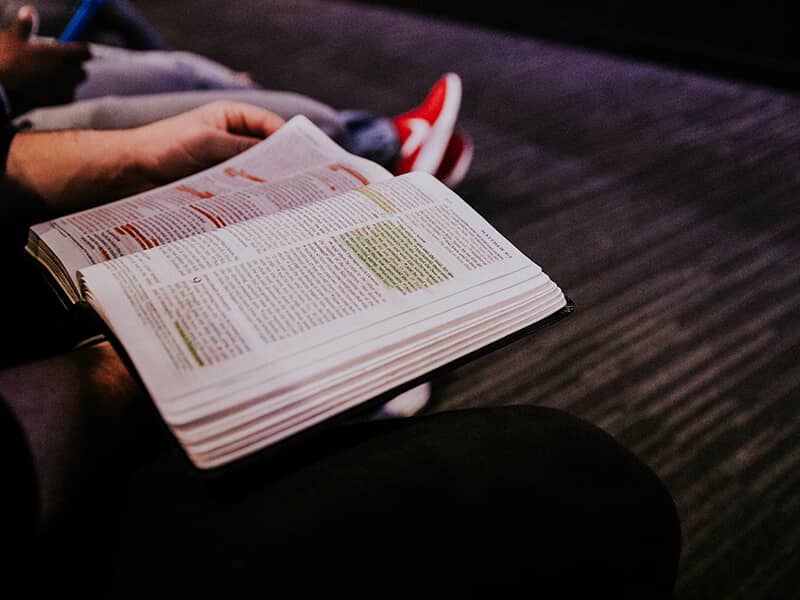I am dumbfounded by what I see. Rolled onto finely carved wooden poles is the most sacred object in Judaism, the Torah. I learned as a child that the Torah contains the Five Books of Moses written on a parchment by an Orthodox scribe, and that if even one letter has been written incorrectly, the Torah cannot be used. I have never actually seen a Torah up close or held one, since these privileges were permitted only to men when I was growing up. But now I lift this Torah carefully out of its cabinet and cradle it to me tenderly as it if were a baby.
Then I notice something unusual. Instead of a mantle of velvet covering the scrolls or a simple ribbon holding them closed, the Torah has been sealed shut by a dark round blot of red wax. I look at Melchizedek. "This is a very special Torah," he says. Pulling out his dagger, he breaks the seal and rolls open the scrolls. They are absolutely blank. "The Torah is empty," he says, "because what you need to know now is not written in any book. You already contain that knowledge. It is to be unfolded from within you."
"What is the Torah for?" I ask.
My question seems to set in motion the next sequence of events. Without speaking, Melchizedek lifts the Torah and lightly places it inside my body, from my shoulder to my knees. I accept this gratefully, feeling my body as a sacred vessel.
At once, a great commotion breaks out behind us. Spinning around, I see that the room is now filled with long-bearded patriarchs wearing black coats and trousers. They're holding hands, laughing, singing, and dancing jubilantly around the room. As I dance I seem to see Moses, King David and King Solomon, and Abraham, Isaac, and Jacob. They, too, are dressed in black coats and trousers, dancing with such heartfelt abandonment that I catch their joy and am filled with it. Ecstatically we whirl around the room, laughing.
Finally the dancing stops and I ask, "What is this all about?" Melchizedek answers, "We are celebrating because you, a woman, have consented to accept full spiritual responsibility in your life. This is the initiation as one who will serve the planet."
As I wonder what this means, he continues, "And you are not the only one. Many, many women are coming forward now to lead the way."
"But who will be our teachers?" I protest.
"You will be teachers for each other. You will come together in circles and speak your truth to each other. The time has come for women to accept their spiritual responsibility for our planet."
"Will you help us?" I ask the assembled patriarchs.
"We are your brothers," they answer, and with that the entire room is flooded with an energy of indescribable kindness. I am absolutely confident in this moment that they are our brothers. I feel their love without any question. They say then, "We have initiated you and we give you our wholehearted blessings. But we no longer know the way. Our ways do not work anymore. You women must find a new way."
Excerpted by permission of the publisher from "The Feminine Face of God: The Unfolding of the Sacred in Women" (Random House, 1991). For online information about other Random House books and authors, see http://www.randomhouse.com.

